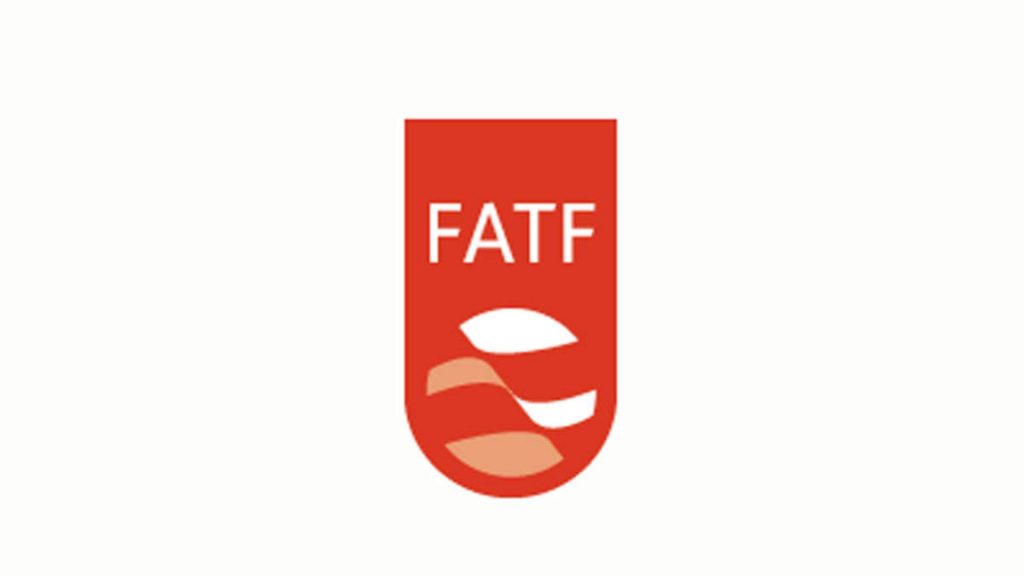Financial Action Task Force or FATF Recommendation 6 requires countries to implement the targeted financial sanctions regimes to comply with the United Nations Security Council Resolutions (UNSCRs) relating to the prevention and suppression of terrorism and terrorist financing, such as UNSCR 1267(1999) and its successor resolutions, and UNSCR 1373(2001). Efforts to combat terrorist financing are greatly undermined if countries do not freeze the funds or other assets of designated persons and entities quickly and effectively.
Financial Action Task Force: Relevance for International Sanctions
Recommendation 6 requires the country to implement the targeted financial sanctions regimes to comply with the United Nations Security Council resolutions relating to the prevention and suppression of terrorism and terrorist financing. Recommendation 6 is intended to assist countries in implementing the targeted financial sanctions contained in the UNSCRs relating to the prevention and suppression of terrorism and terrorist financing.
UNSCR 1267 (1999) and its successor resolutions
UNSCR 1373(2001)
Any future UNSCRs which impose targeted financial sanctions in the context of terrorist financing. These resolutions require countries to freeze, the funds or other assets without delay, and to ensure that no funds or other assets are made available, to or for the benefit of, any person or entity either directly or indirectly.
Designated by, or under the authority of, the United Nations Security Council, the Security Council, under Chapter VII of the Charter of the United Nations, including following the Al-Qaida/Taliban sanctions regimes.
Designated by that country or by a supra-national jurisdiction according to UNSCR 1373. Such measures may be either judicial or administrative.
Efforts to combat terrorist financing are undermined if countries do not freeze the funds or other assets of designated persons, and entities quickly and effectively. In determining the limits of or fostering widespread support for an effective counter-terrorist financing regime, countries must respect human rights, respect the rule of law, allow due process, and recognize and protect the rights of bona fide third parties.
To assist countries in implementing targeted financial sanctions, to prevent and suppress terrorist financing following the relevant UNSCRs, and in a manner consistent with fundamental principles, through a robust and transparent targeted financial sanctions regime, FATF relevant recommendations are available. Effective freezing regimes are critical to combating the financing of terrorism and, as a preventive tool, accomplish much more than freezing terrorist-related funds or other assets present at any particular time.
For designations under sanctions regimes, the FATF’s Recommendation 6, requires countries to have authority, and effective procedures, to identify and initiate proposals for designations of entities and persons, targeted by the sanction regimes, consistent with obligations set out in the relevant UNSCRs.
Final Thoughts
The FATF Recommendations lay out a comprehensive and consistent set of measures that countries should put in place to combat money laundering, terrorist financing, and the proliferation of weapons of mass destruction. Because countries have different legal, administrative, and operational frameworks, as well as different financial systems, they cannot all take the same measures to counter these threats.
As a result, the FATF Recommendations establish an international standard that countries must implement through measures tailored to their specific circumstances.





